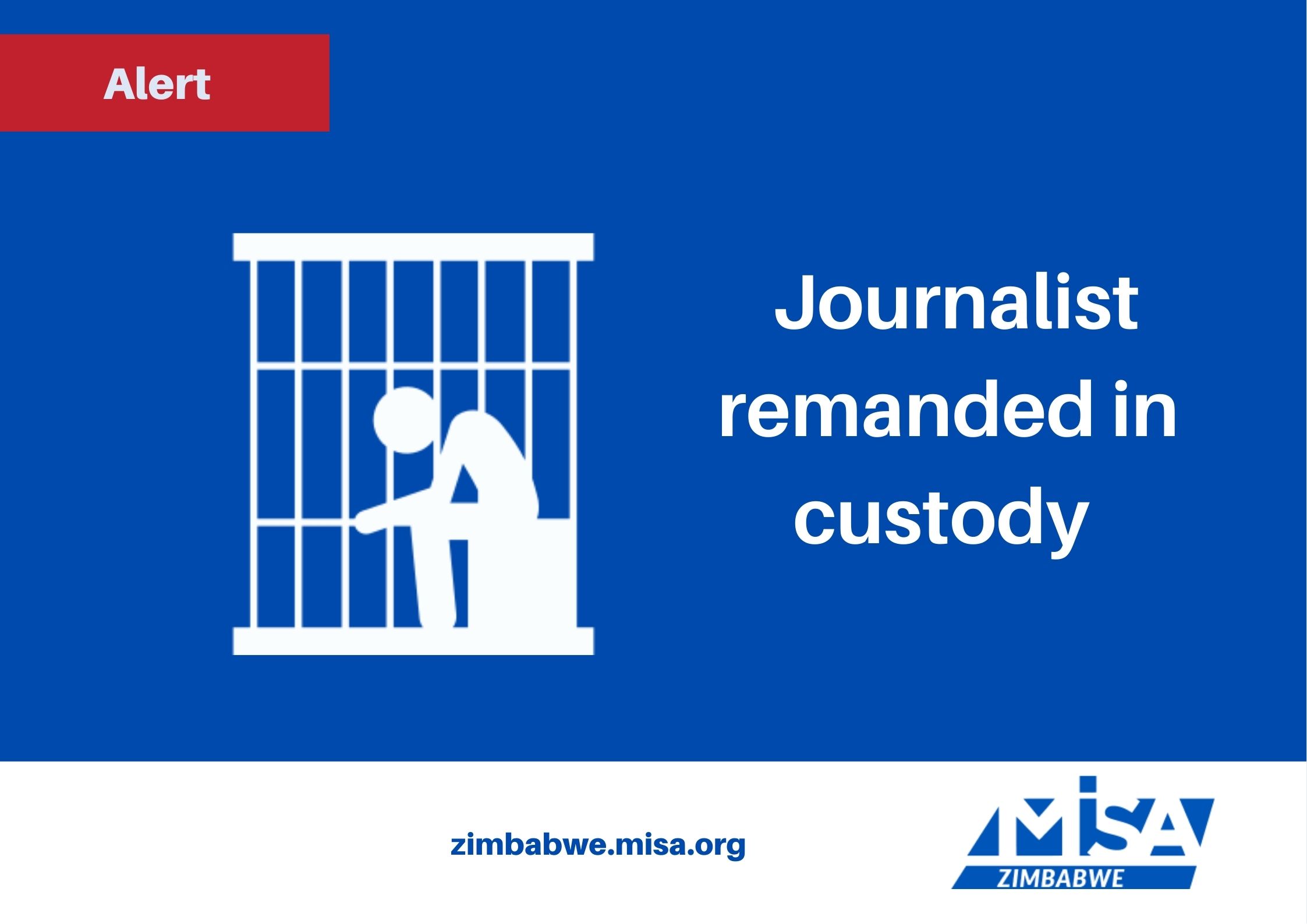Social media platforms, like Twitter and Facebook, have, over time, been celebrated for providing “free and open” spaces for the exercise of digital rights.
Their role in promoting freedom of expression and access to information has been of paramount importance particularly in countries where there is state capture of the media and restrictive policies that infringe on free expression and access to information.
These platforms have also played immense roles in facilitating the right to demonstrate and petition, by providing online spaces for people to organise themselves and advocate for specific causes, for instance, as has been noted in Zimbabwe, with the #ThisFlag Movement, #Tajamuka/Sesjikile Campaign and even more recently the #ZimbabweanLivesMatter Campaign against human rights violations.
In so doing, these platforms have facilitated the realisation of the resolution of the UN Human Rights Council, that the same rights protected offline should also be protected online.
Recently, Twitter, Facebook and Google recently suspended the accounts of outgoing United States President Donald Trump.
Prior to the suspension of the accounts, Twitter had deleted three tweets posted by Trump in response to the violent siege on the Capitol, before blocking him over “repeated and severe violations” of the platform’s Civic Integrity policies.
The permanent suspension of his account, however, raised concerns of ordinary internet users, particularly the demonstrated authority of social media platforms to permanently prohibit a user from exercising their freedom of expression on their platforms
Similar concerns were also raised in the buildup of elections in Uganda as Facebook shut down several accounts that were accused of allegedly using fake and duplicate accounts to manage pages, comment on other people’s content and impersonate users.
The suspension and or shutting down of accounts is not something new, as accounts of ordinary users are suspended almost on a daily basis and content is taken down once it is reported or discovered to be in contravention of the platforms’ standards.
MISA Zimbabwe position
MISA Zimbabwe notes that social media platforms are private companies that have policies that should guide users on how they should use the platforms and the content that is acceptable on the platforms.
Based on those policies, the companies also have structures in place that influence decision making on whether or not content should be taken down or an account should be suspended.
However, in light of the roles that these platforms are playing to contribute to exercise of rights, to shaping access to information, business and even election processes, social media platforms cannot be merely regarded as private companies, but rather, a level of responsibility towards the protection, promotion and respect for human rights should be expected from them.
In light of the fact that their policies impact the exercise of rights by billions of internet users around the globe, it is MISA Zimbabwe’s position that where such policies limit the exercise of rights, the limitations should be measured against the legally and internationally recognised standards.
The three-pronged test should be equally applied to the policies and administrative conduct of these social media platforms to ensure that where a right is limited, the limitation was prescribed by law, in this case, in line with their policies, the limitation serves a legitimate interest and lastly that it is necessary for a democratic society.
In order to also address the concerns that the decisions of the platforms are an end to themselves, and potentially a threat to exercise of digital rights, MISA Zimbabwe urges the platforms to be very transparent about their decision making processes and steps that are taken before the content is taken down or an account is suspended.
Appeal mechanisms should also be available within the company’s content moderation structures and users should be fully aware of such mechanisms.
It is also important that the platforms also give reasons for the suspension of the accounts or the taking down of content.
MISA Zimbabwe also urges internet users to read and understand the policies of these platforms and ensure that in the exercise of their rights they do not prejudice the exercise and enjoyment of rights by others.
There is also an urgent need for collaboration between social media platforms and civil society organisations to raise awareness on the policies, security features on the platforms and also reporting mechanisms.
Similarly, users should be fully sensitised on the potential sanctions that the platforms can resort to in the event of any violation.
Such initiatives are necessary to ensure that social media platforms continue to be safe spaces for the exercise of digital rights.













